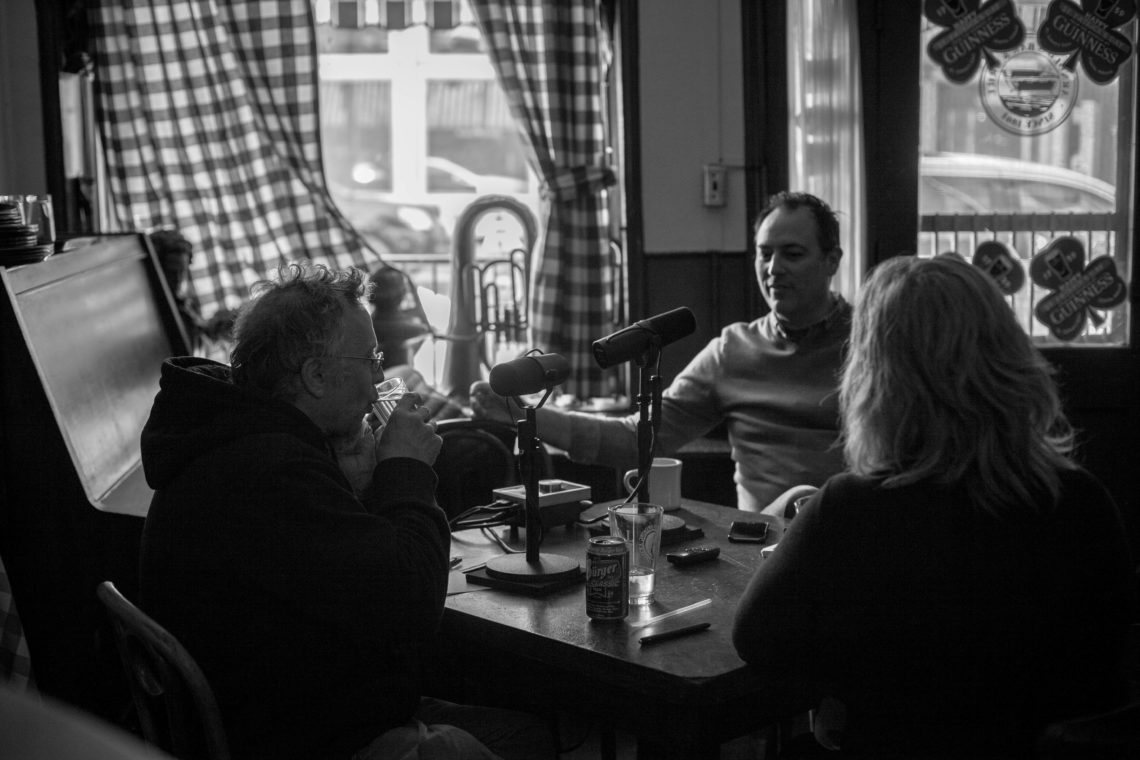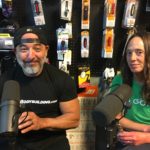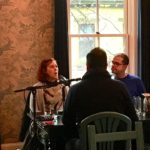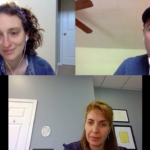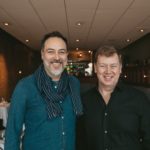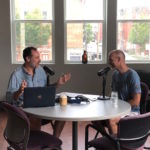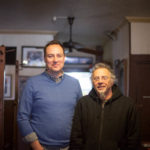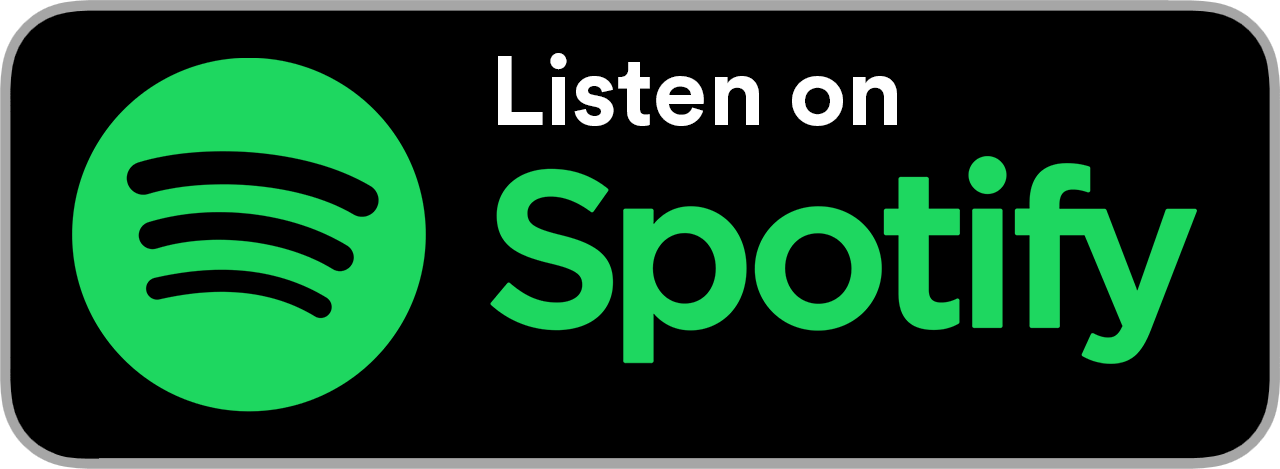The relationship we have to work is often complex. At best our work is the embodiment of who we are, a statement about our ability to be of service to the world around us. At worst our work is often a necessary evil, simply the way we pay the bills. For most of us, it’s some mixture of the two.
On The Distiller, we talk to people about a wide variety of topics, all related to their work. They tell us how they ended up doing what they do, and whether their current work is meaningful to them and the world. We talk about whether it’s fulfilling to them in the ways they want it to be. The Distiller is still relatively new; as of this post we just published our fourteenth episode. One of the things we look forward to learning is the ways in which our understanding of our work is changed by these conversations. Because an interesting thing happens when you talk with people about their work: you end up seeing yours in a new light. We hope that’s what The Distiller does for you. It’s certainly doing that for us, even after these first few episodes.
We thought it might be good to put a stake in the ground, so to speak, and capture what we’re learning in this early stage, if for no other reason than to compare with in the future. So here is that stake: The five things (we could have listed more) we’ve learned thus far about work, from our guests.
Lesson 1: Meaningful Work Is Where You Make It
“Meaning” is a tricky word. Do we mean work that’s meaningful to those who do it? Work that’s meaningful to the world at large? Obviously “meaningful” implies a value judgment. So, who’s the judge? We don’t claim to be the arbiters of what qualifies as meaningful work. But what we have learned is that even that phrase can be tricky, and it’s important to define, and seek out what “meaning” means for you. If you end up pursuing someone else’s definition of meaningful work, you’re likely to be disappointed.
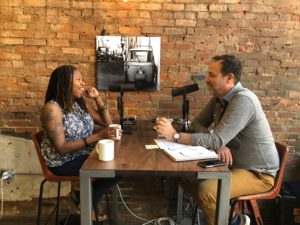
Take, for instance, Meredith Shockley-Smith, a Ph.D. holding professor who thought she had finally made it to the desired endpoint of her academic pursuits. Any number of other people may have been perfectly happy in that situation but, as Meredith admitted in episode 11, she was still deeply unsatisfied. So she took a risk, switched careers, and found what she was looking for in the non-profit world, with Cradle Cincinnati.
These days Meredith is feeling much more fulfilled in her work. Is it more meaningful? That’s hard to say and likely depends on who you ask. Both careers were meaningful, but Meredith is more engaged with the meaning she finds in her current work. It’s important to understand that it’s not just meaning we’re searching for, but meaning that aligns with our priorities. That’s when “meaningful work” becomes meaningful to us.
Lesson 2: No Job Satisfies Every Need
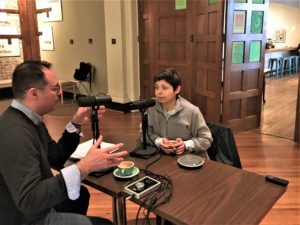
This is related to #1: Regardless of how we define “meaningful work,” we’re likely to be disappointed if we expect any job or single pursuit to provide everything we need. And if we keep searching for the “perfect job,” we’re likely to remain perpetually unsatisfied. Before speaking with Megan Trischler of People’s Liberty, we would have guessed she was completely fulfilled and satisfied in her work. After all, she pretty much created her job and her organization. But as proud as she is of her work facilitating and creating space for the work of others, in episode 8 Megan confessed she still has to create time and space outside of her work to practice her own creative endeavors.
That conversation was a light bulb for us. It’s easy to put too much expectation on one thing, or one person, or one situation. Satisfaction, if there is such a thing, often comes by letting things be what they are, and not expecting them to be more. That’s a lesson Megan is learning as she heads toward the final year of People’s Liberty’s original five-year outline. Will Megan’s “next thing” be more personally creative? Will it similarly continue to make space for the creativity of others, but more intentionally make room for hers? We’ll have to speak with Megan again in a year or two and find out.
Lesson 3: Everyone Is On a Journey
People who are good at their work generally make it look easy. We look at the work of other people and make assumptions about their level of satisfaction. And when we get only a brief glimpse into the work someone does, it’s almost impossible to do otherwise. But none of the guests in our first few episodes took a linear path to where they are. Every journey is circuitous and is filled with chance, fortune, and misfortune.
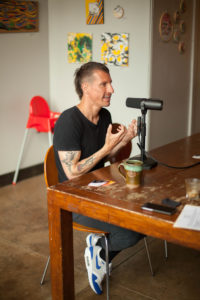
Think of someone’s career trajectory as the line of a graph. From far away that line may look like one consistently rising line of achievement and progress. But get close to the graph, and you’re likely to see the peaks and valleys of actual experience. Distance can be dishonest. When we get up close we see what the present has cost: the sleepless nights, the conversations with friends and partners, the risky decisions.
Watch Corben Bone on the field for FC Cincinnati and you’ll see a man in his element, doing what he was made to do. But listen to episode 12 and you’ll hear Corben tell the story of disappointment, disillusionment, and the perseverance he’s needed to get here. You’ll hear how he almost quit the game several times after seeing his original MLS dreams go up in smoke. Now he’s back on his game (so to speak), and with FC Cincinnati’s recent invitation to join the MLS in 2019, Corben may very likely see those dreams come true after all.
Lesson 4: Finding Your Work Takes Time, And May Change Over Time
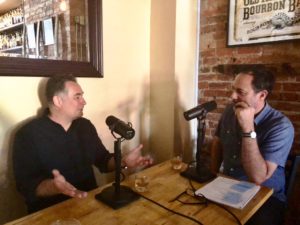 This is a hard one: there is simply no substitute for time. Quick, easy victories often end up being meaningless, but it’s the hard-fought wisdom that proves true in the end. Maybe you’ve switched streams a few times looking for the perfect fit. Chef Derek Dos Anjos told us how he quit working in restaurants at one point to work for MTV, only to realize his heart was in food. Maybe you’ve stayed where you are to shape the work to who you are. Matt Gunderman used his education to increase the influence and impact he could have in his work. Regardless, perspective only comes with sufficient distance.
This is a hard one: there is simply no substitute for time. Quick, easy victories often end up being meaningless, but it’s the hard-fought wisdom that proves true in the end. Maybe you’ve switched streams a few times looking for the perfect fit. Chef Derek Dos Anjos told us how he quit working in restaurants at one point to work for MTV, only to realize his heart was in food. Maybe you’ve stayed where you are to shape the work to who you are. Matt Gunderman used his education to increase the influence and impact he could have in his work. Regardless, perspective only comes with sufficient distance.
That graph we mentioned earlier – the horizontal axis is time. So, if we’re unhappy, or even if we’re just uncertain, the solutions rarely lie in a single action or change. More often satisfaction, or success, or whatever is lacking, is the result of a series of intentional changes combined with sufficient time and the work needed to create something different.
Which brings us to:
Lesson 5: It’s Never Too Late to Start
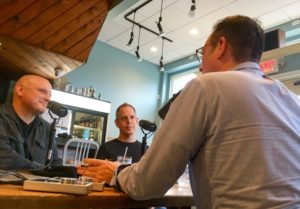 How many situations can you look back at and say, “If I’d only started then…I’d be somewhere different now”? In episode 3 David Wilcox talks about the “time-lapse bravery” of songwriting, of large-scale insight packed into a three-minute song. Finding one’s life’s work is kind of the opposite of writing a song. It’s a kind of bravery that can only be seen through a long lens. But the one sure thing is: you’ll never be anywhere different if you don’t start moving your feet.
How many situations can you look back at and say, “If I’d only started then…I’d be somewhere different now”? In episode 3 David Wilcox talks about the “time-lapse bravery” of songwriting, of large-scale insight packed into a three-minute song. Finding one’s life’s work is kind of the opposite of writing a song. It’s a kind of bravery that can only be seen through a long lens. But the one sure thing is: you’ll never be anywhere different if you don’t start moving your feet.
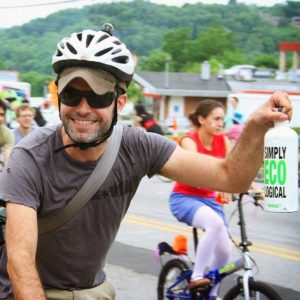
For small business owner Danny Korman, that was admitting that the amazing thing he’d created had to end for the new chapter to begin. And so he closed his store Park & Vine after 10 very successful years and moved to Colorado. Tamaya Dennard wouldn’t be changing local politics in Cincinnati if she’d been afraid to leave corporate real-estate (and its big paycheck) and move into public service.
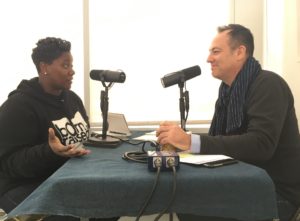 The culture that surrounds our work (at least in the United States) is largely built by the voices of industry, and those voices generally benefit from keeping people “stable.” But stable is a relative term. And the economy of recent years has proven for far too many of us how unreliable our institutions can be. But voyages of personal discovery are almost never based on apparent stability, they’re based on desire and hope. It’s never too late to find your calling, to reinvent yourself, to start your second (or third, or fourth) act.
The culture that surrounds our work (at least in the United States) is largely built by the voices of industry, and those voices generally benefit from keeping people “stable.” But stable is a relative term. And the economy of recent years has proven for far too many of us how unreliable our institutions can be. But voyages of personal discovery are almost never based on apparent stability, they’re based on desire and hope. It’s never too late to find your calling, to reinvent yourself, to start your second (or third, or fourth) act.
Because (and this is a bonus insight):
The Job Is Almost Never the Work.
Because the “meaningful work” we’re searching for isn’t a paycheck. It’s the work of determining who we are and what we want from our lives. It’s figuring out how we can best be of service to the world around us. The true work is what it takes to get us there, and what it takes to get us to the next place. Maybe seeing our work through this lens will help us all be a little more inspired, even in the midst of less-than-perfect situations. Maybe we’ll be a little more appreciative of what those around us are doing to make sense of it all. And maybe we’ll cultivate a little more hope for what we are becoming.
Questions as you think about meaningful work:
- What are you expecting from your current work? Is it realistic?
- What might you be doing in your current job to make it more fulfilling?
- What could you do outside of your job to better fulfill those un-met parts of yourself?
Let us know how you’re asking and answering these questions in your life and work. Drop us a line here, or on Facebook, Twitter, or Instagram, and let us know if you have additional insights, and what these conversations mean to you.
Thanks for listening. Thanks for reading. Here’s to the future of what we will learn together.
Sincerely,
The Distiller


